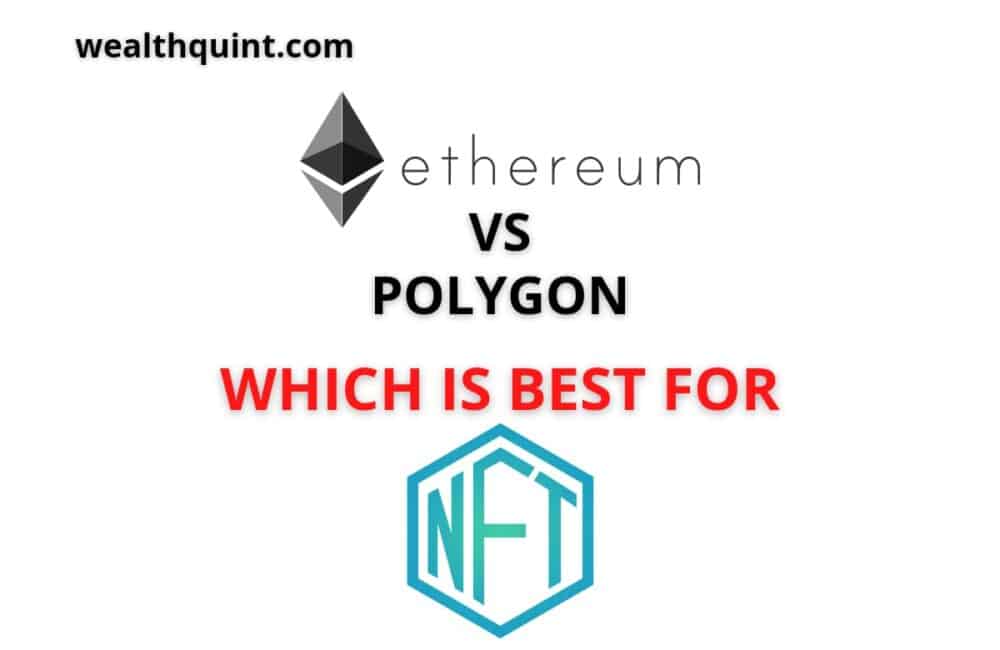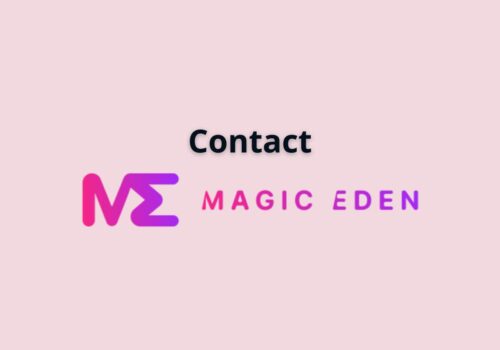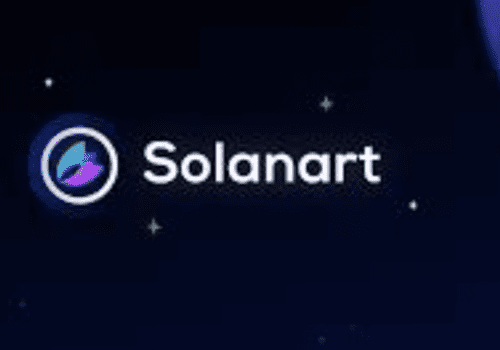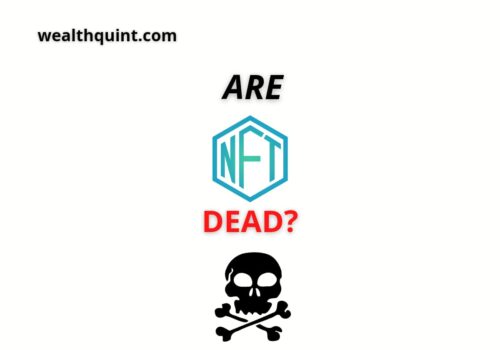Transactions involving non-fungible tokens are more popular than ever before. Digital art, audio scripts, 3D models, movies, and other items can be sold with this non-interchangeable unit.
NFT development services are rewarding for firms entering the Blockchain Ocean, such as Axie, Open Sea, and Rarible. NFT marketplace development services are rewarding for IT organizations entering the Blockchain Ocean.
The price chart for the digital currency Ether in the final months of 2021 shows that it was a difficult time for the digital currency at the same time that investors were afraid. Experts believe Ethereum will most likely lose ground to a competing blockchain, notably Polygon.
Ethereum serves as the foundation for non-fungible tokens, decentralized finance, and smart contracts. However, despite its widespread use, the platform has difficulty keeping up with the competition.
Since the flurry of activity surrounding various DApps and NFTs, there has been considerable competition between layers one and two protocols and between layers three and four protocols.
NFT marketplace development enterprises rely on the long-running Ethereum protocol; however, 2021 saw the introduction of another layer one protocol, Polygon, which promised faster transaction speeds and reduced transaction costs.
Ethereum 2.0 upgrade, in comparison to other platforms, has both characteristics, intending to outperform the competition.
While both the Ethereum and Polygon blockchains have their share of fans, the most popular Ethereum blockchain is at the top of the list because it provides the most transparent ecosystem of DApps. There are several substantial contrasts between these two competitors that cannot be disregarded in this comparison.
About Ethereum
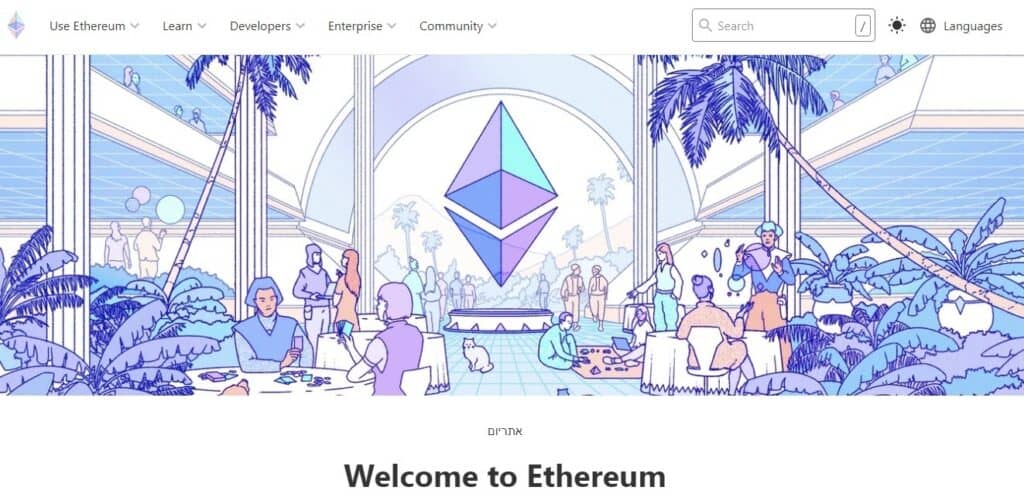
Ethereum is a blockchain technology that has been developed by the community and is used to store digital money, apps, and global digital payments. As a result of the blockchain, a thriving economy has been developed that is available to anyone.
The platform offers data-friendly services and thousands of apps that we all use daily, accessible to everybody, regardless of their location or background.
All of the apps tied to the Ethereum platform require a significant amount of computer power.
With Ether, you can carry out your request operations, such as making a payment to someone else on the network, and so on. Noteworthy is that Ethereum was a strong wire puller for increasing digital collectibles in 2021.
As a result, it is the preferred cryptocurrency of NFT marketplace development service providers that prefer to be on the safe side.
Advantages Of Ethereum
- The popularity of Ethereum among users has led to more individuals becoming familiar with it. Particularly popular NFT collections are now available on the Ethereum blockchain.
- Since its high gas fees, Ethereum is more secure than other cryptocurrencies because it discourages users from spamming the network.
- Rather than selling your NFTs at a fixed price, you can auction them off instead. This function is only available on the Ethereum blockchain.
Disadvantages Of Ethereum
- Gas fee is high: Ethereum gas fees often range between $50 and $200 for each transaction. The fees include a one-time account creation charge and approval of tokens and contracts.
- You’ll also have to pay gas expenses if you’re accepting an offer, transferring an NFT, purchasing an NFT, or doing anything else that requires driving.
About Polygon
Polygon is also known as the Matic network. One of the primary objectives of Polygon is to make the multichain Ethereum environment more accessible.
Ethereum’s network is made interoperable with all of the network’s existing and future infrastructure.
Aside from that, Polygon is aligned to provide interoperability with layer-2 solutions. Polygon is also well-known for being the most efficient transaction speed.
Advantages Of Polygon
No gas fees on Polygon, there are no gas fees associated with creating and selling NFTs. When converting ETH to Polygon on OpenSea, you’ll simply have to pay a small gas fee to cover the transaction costs.
Disadvantages Of Polygon
- When compared to Ethereum, many users are unfamiliar with Polygon. It is possible that folks unfamiliar with Polygon will be less interested in purchasing your NFTs if you sell them to them. Additionally, adding Polygon to their wallet or converting Ethereum to Polygon are required before purchasing NFTs with Polygon.
- Before purchasing NFTs with Polygon, users must add Polygon to their wallets or convert Ethereum into Polygon.
- There are no auctions because the auction feature is only available on the Ethereum blockchain. Auctions are not currently supported on the Polygon network at this time.
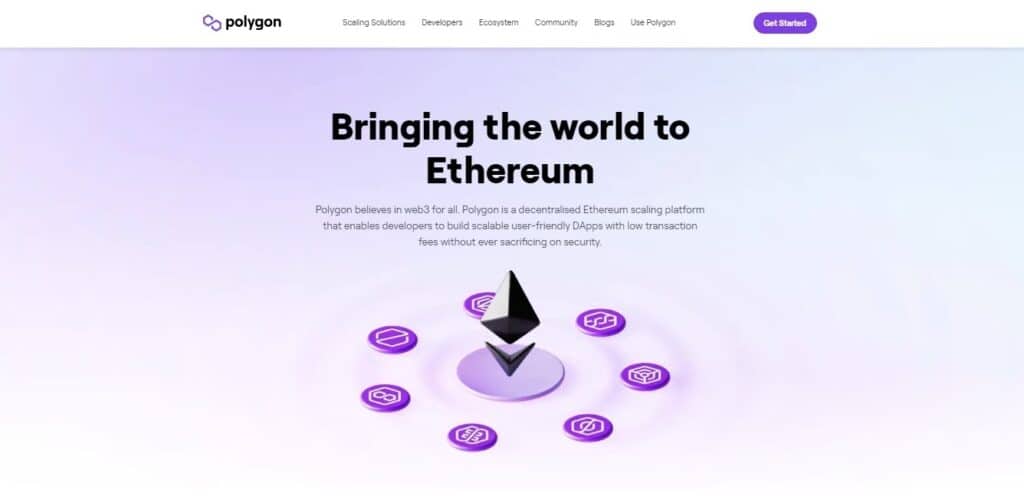
Ethereum Vs. Polygon NFTs
| Parameters | Ethereum | Polygon |
| Native Token | ETH | MATIC |
| No of Transaction per second | 13-15 | Up to 65000 |
| Popularity | More popular | Less popular |
| Secure | More secure | Less secure |
| Consensus Mechanism | POW | POS, Plasma-Enabled Sidechain |
| Popular Projects | OpenSea, Cryptokitty, Nifty, Gateway, Decentraland, Cryptopunks | ZED RUN, Easy Fi, QuickSwap, SportX |
Consensus Mechanism
- Ethereum
Ethereum 1.0 is used in a variety of applications. The Proof-of-Work process is employed by the Blockchain, which is the exact mechanism used by Bitcoin.
Hundreds of miners protect the platform by actively participating in the consensus process. The procedure depletes CPU power and makes network participation difficult.
As a result, the network is always decentralized and safe despite delivering lower performance, a problem that Ether 2.0 addresses.
- Polygon
Polygon creates the fast Blockchain and connects it to the main Ethereum using various technologies. Polygon creates a new Matic and secures the network using a different consensus process known as PoS-Proof of Stake.
It indicates that staking is the only method to make money on MATIC. Validators are in charge of confirming and adding transactions to the Blockchain.
Validators receive the cut and a new MATIC in exchange. To become the validator, you must run a full-time node risk losing Matic if an error occurs. Delegators stake the Matic using full-time validators via validators.
Stateful Architecture
- Ethereum
The state of Ethereum is stateful, which implies that all transactions are recorded. Every time a new transaction occurs, the entire network must update the copy to reflect the change.
- Polygon
Polygon provides the essential tool and component for a new, borderless society and economy. The sidechain works in the same way as other POS blockchains.
The only distinction is that the exchanges are grouped on the main chain of Ethereum. Matic is a resource in the polygon blockchain that is used for trading.
Fast Transactions
- Ethereum
Ethereum operates on a distributed network, in which each member in the network has a copy of the ledger that is identical to the other participant.
The distributed ledger holders are in charge of the operation and management of the network. Ether is only capable of processing a limited number of transactions per second.
Furthermore, it is pretty congested, where you must either pay a significant charge or wait in line, resulting in a favorable environment for the development of other blockchains.
- Polygon
In terms of scalability and performance, Polygon is unrivaled at present. It has the capability of processing 65000 transactions per second.
Polygon Matic is a fantastic tool for anyone, whether developers or users. Building Ethereum decentralized applications on Polygon is a low-cost endeavor.
Gas Fees
- Ethereum
However, there are a lot of gas fees associated with ETH users with small portfolios who do not plan to exchange their cryptocurrency holdings.
The gas fees can be divided into two types: one-time charges and ongoing charges. There are two types of one-time payments: Initialization Fees and Auction Approval Fees. A one-time initialization fee is payable if you choose to sell NFT on Ethereum.
Due to the changing nature of the gas tariff, this fee is not set in stone. Ethereum has a lot of recurrent costs, and they are standard. When you accept an auction offer, transfer an NFT, buy an NFT, cancel a listed NFT, cancel a bid, or convert
from one currency to another, these fees are charged. A total of $50 to $200 is usually charged for these services.
- Polygon
One of the unique selling points of Polygon is that it eliminates the need to pay exorbitant petrol prices to mint an NFT.
There are no direct costs involved with using Polygon in terms of gas. However, to acquire an NFT on the Polygon blockchain, you will still be required to pay indirect gas fees, as NFTs on the Polygon blockchain can only be purchased with Polygon ETH.
However, to obtain Polygon ETH, you must first bridge your existing ETH to Polygon, which requires a gas cost. So, technically, there is a gas tax associated with Polygon, but it is much less expensive than the alternative.
Should I Use Ethereum Or Polygon On OpenSea?
OpenSea provides cross-blockchain functionality for the Ethereum and Polygon blockchains.
- If you’re launching an NFT collection to a big and diversified audience, Ethereum is the Best to use on OpenSea.
- On the other hand, most of your audience has prior expertise in the NFT domain; you should consider using Polygon on OpenSea.
- Ethereum is more popular among consumers, it can build more enthusiasm while Polygon is a little more difficult to use because it necessitates completing more procedures before making a purchase. This involves converting Ethereum to Polygon and adding Polygon to your wallet, among other things.
Conclusion
The demand for NFTs is extremely strong. The digital collectibles market is expected to increase significantly in the next years. Different industries are participating and emphasizing NFT at the same time.
Ethereum and other blockchains are evolving, and they can provide the most practical answer. Ethereum played a vital part in the development of the infrastructure that underpins Decentralised Finance, and as a result, it has a prominent position in the sector.
Solana and Polygon are the new kids on the block, and they are working hard to provide a compelling case for employing NFT developers with the same skill set, regardless of their rapid development.
It’s difficult to predict who will win in the long run, particularly because ETH has been around for so long.

